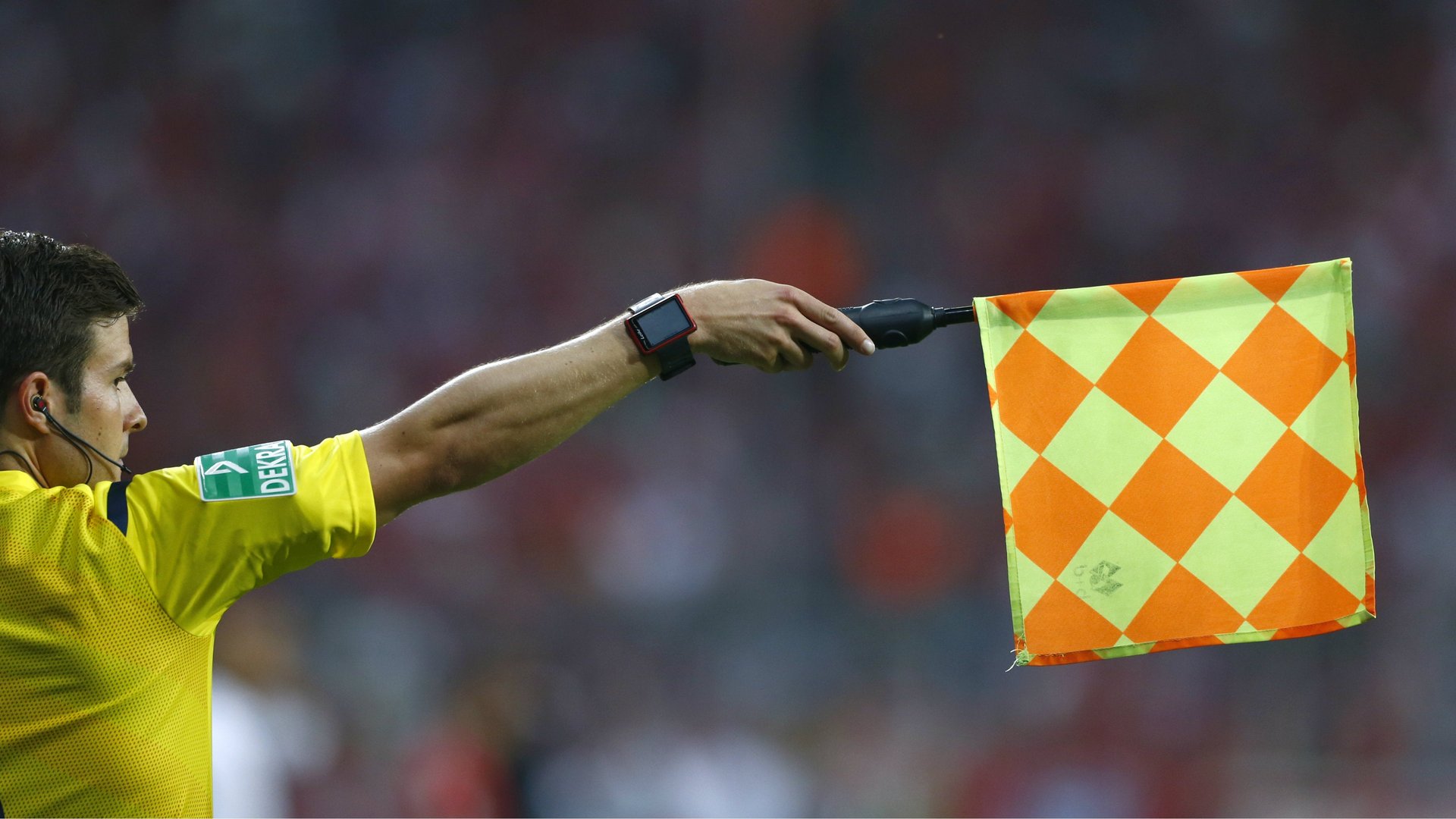Video replays have been used for the first time ever in an international soccer match
As Italy took on France in an international soccer friendly yesterday Sept. 1, the main attraction was not inside the stadium. Just outside the San Nicola stadium in Bari, Italy, two officials sitting in a truck were monitoring the match, acting as Video Assistant Referees (VARs), as video replay technology was used for the first time in an international soccer match.


As Italy took on France in an international soccer friendly yesterday Sept. 1, the main attraction was not inside the stadium. Just outside the San Nicola stadium in Bari, Italy, two officials sitting in a truck were monitoring the match, acting as Video Assistant Referees (VARs), as video replay technology was used for the first time in an international soccer match.
Over the course of the match last night, referee Björn Kuipers says the VARs communicated video replay information which helped him make two key decisions: deciding if a challenge was worthy of a red card (he decided on a yellow card instead) and determining a penalty incident (it was not awarded). Gianni Infantino, FIFA president, says tests will continue with a target of using video replays at the 2018 World Cup in Russia.
The possibility of video replays in mainstream soccer was boosted in March after the International Football Association Board (IFAB)—soccer’s top law-making body—approved experimenting with the use of video replay technology in matches.
Over the years, there have been calls for more use of technology in soccer, like in other sports, given a string of high profile errors. One of those came at the 2010 World Cup in South Africa in a first knockout round game between England and Germany. With the game delicately poised at 2-1 in favor of Germany, England’s Frank Lampard appeared to have leveled the score with a long-range effort, but the goal was incorrectly disallowed for not crossing the goal line. England went on to lose 4-1.
Sepp Blatter, FIFA president at the time, apologized for the decision and claimed it convinced him to reopen the debate on using goal-line technology in soccer. Four years later, at the 2014 World Cup, goal-line technology was successfully introduced. Now, FIFA is looking to step up the use of technology in soccer with video replays.
Purists suggest video replays could ruin the spontaneity of soccer but Infantino says care will be taken to ensure that pausing matches for video replays “does not have a negative impact on the flow of the game.” Both VAR-assisted decisions during the match were made within 10 seconds.
Another consistent criticism of introducing video replays in soccer has been the possible effect on eroding the power of match-day referees. But Infantino maintains that will not be the case. “The assistant referees will not be substituted by VAR or any other technology,” he says. “We will not cannibalize our game.”